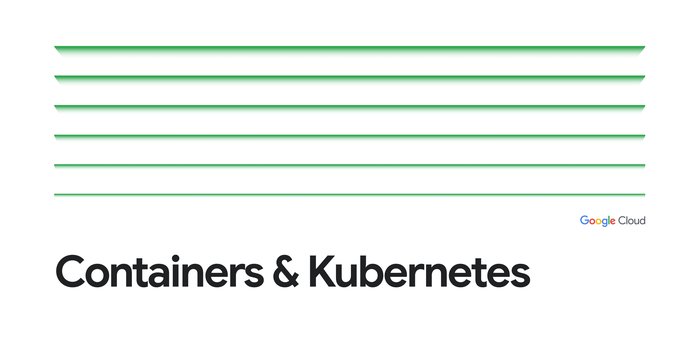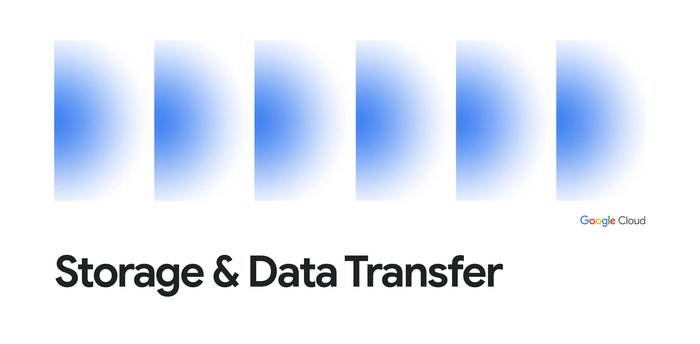Freedom of choice: 9TB SSDs bring ultimate IOPS/$ to Compute Engine VMs

Todd Rafacz
Staff Software Engineer
Rahul Venkatraj
Product Manager
Applications that perform low-latency, I/O-intensive operations need to run on virtual machines with high-performance storage that’s tightly coupled with compute. This is especially important for applications built around real-time analytics, e-commerce, gaming, social media, and advertising platforms. Custom machine types in Compute Engine not only let you attach high-performance Local SSD, but give you the flexibility to customize your VMs to your workload’s exact needs.
Today, we are excited to announce that you can attach 6TB and 9TB Local SSD to second-generation general-purpose N2 Compute Engine VMs, for great IOPS per dollar. 9TB Local SSD delivers up to 2.4 million IOPS and 9.4 GB/s of throughput at direct-attach latencies, on any N2 VM with 24 or more vCPUs. And because you can attach these SSDs to any N2 VM shape (including custom shapes), you can define the exact VM that your application needs in terms of CPU, RAM, and SSD. You don’t need to attach more CPU and memory than what your I/O-intensive or storage-intensive workload demands, so you can optimize specifically for IOPS/$ or density/$—or a combination thereof.


Maximum storage performance with fewer vCPUs
6TB and 9TB Local SSDs have been available for N1 VMs, allowing you to achieve that maximum 2.4 million IOPS with 32 vCPUs or more. With N2 VMs, you need as few as 24 vCPUs to drive that same performance. This translates to a 7% better total cost of ownership for N2 VMs, relative to N1s.
Some applications afford you the flexibility to optimize performance further, at different I/O queue depths or different block sizes. Using performance benchmarking tools like FIO can help you make the optimal choice. As shown below, internal testing demonstrates that Local SSDs offer consistent performance across a broad range of configurations that your workloads might demand.


Maximum throughput
Attaching Local SSD to a VM is also a good strategy for workloads that demand high storage throughput. As you can see from the charts below, Local SSD can deliver close to maximum throughput at a wide range of block sizes (4K, 16K, 128K) and I/O depths, depending on the needs of your databases and applications.


Get started today
Local SSD are priced per-GB irrespective of the VM to which they are attached. Visit our pricing page for specific pricing in your region. 6TB and 9TB Local SSDs are now Generally Available on both N2 and N2D VMs. For more details, check out our documentation for Local SSDs. If you have questions or feedback, check out the Getting Help page.



